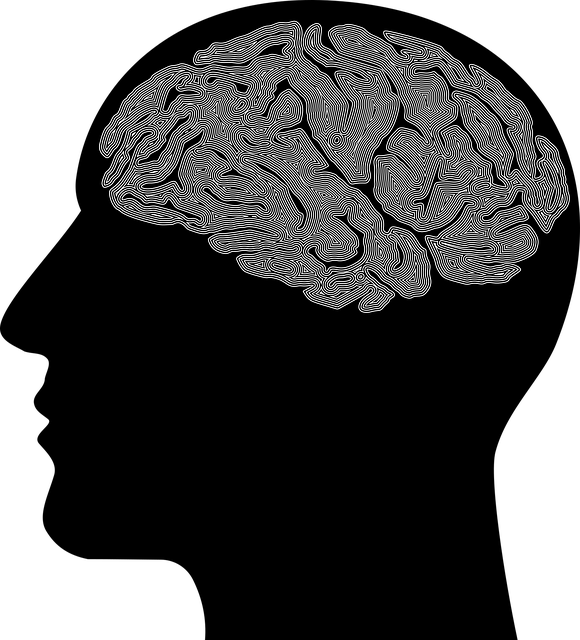Englewood Abuse Survivors Therapy (EAST) emphasizes that understanding and managing emotions is crucial for trauma healing, reducing long-term effects, and preventing healthcare provider burnout. They offer a comprehensive approach combining techniques like Cognitive Behavioral Therapy (CBT), Social Skills Training, mindfulness, and emotion-focused interventions. These methods empower survivors with emotional regulation skills, improve mental health, foster resilience, and enhance overall quality of life. Group therapy and trauma support services provide safe practice environments, addressing complex past traumas while respecting diverse cultural experiences.
Emotion regulation techniques play a pivotal role in healing, especially for survivors of abuse. This article explores the profound impact of mastering emotional control on the therapeutic process, focusing on Englewood Abuse Survivors Therapy (EAST). We delve into practical strategies that empower individuals to navigate and manage their emotions effectively. By integrating these techniques into EAST, therapists can enhance treatment outcomes, fostering resilience and restoring a sense of control for survivors on their journey towards healing.
- Understanding Emotion Regulation and Its Impact on Healing
- Practical Techniques for Effective Emotion Management
- Integrating Emotional Regulation into Englewood Abuse Survivors Therapy
Understanding Emotion Regulation and Its Impact on Healing

Understanding emotion regulation is a pivotal step in healing for those who have experienced trauma, such as abuse survivors. Englewood Abuse Survivors Therapy (EAST) emphasizes that emotions are not inherently problematic but rather complex responses to internal and external stimuli that can significantly impact an individual’s well-being. Effective emotion regulation techniques teach individuals to recognize, understand, and manage their emotional experiences in adaptive ways.
This process is crucial for mitigating the long-term effects of trauma, preventing burnout among healthcare providers who support these survivors (Burnout Prevention Strategies for Healthcare Providers), and fostering healthier emotional healing processes (Emotional Healing Processes). By learning to regulate emotions, individuals can develop resilience, improve their mental health, and enhance their overall quality of life.
Practical Techniques for Effective Emotion Management

Emotion regulation techniques are invaluable tools for individuals, especially those who have experienced trauma, such as survivors of Englewood abuse. These practical strategies enable people to manage their emotions effectively and foster a sense of control over their lives. One widely recognized approach is Cognitive Behavioral Therapy (CBT), which helps individuals identify and challenge negative thought patterns contributing to intense emotions. By replacing these thoughts with more adaptive ones, CBT promotes emotional balance.
Additionally, Social Skills Training plays a crucial role in emotion regulation. It equips individuals with the ability to interpret and respond to social cues, enhancing their overall emotional intelligence. Engaging in group therapy sessions or trauma support services can facilitate this process, offering a safe space to practice new skills and receive feedback. Integrating these techniques into daily life allows for better coping strategies, improved mental health, and a more fulfilling life, even when navigating the complexities of past traumas.
Integrating Emotional Regulation into Englewood Abuse Survivors Therapy

Englewood Abuse Survivors Therapy (EAST) offers a unique and tailored approach to emotional regulation for survivors of abuse, integrating various techniques to support their healing journey. The program recognizes that effective therapy goes beyond addressing symptoms; it involves empowering individuals with lifelong coping skills. By incorporating emotion regulation strategies, EAST enables survivors to manage and understand their emotions, fostering a sense of control and resilience.
This therapeutic integration is crucial in addressing the complex needs of abuse survivors. Many survivors struggle with emotional dysregulation, making day-to-day functioning challenging. Through specialized training, EAST therapists learn to incorporate techniques like mindfulness, cognitive behavioral therapy (CBT), and emotion-focused interventions. These methods not only help individuals process trauma but also develop healthy coping mechanisms, enhancing their overall well-being. Moreover, cultural sensitivity is a cornerstone of this practice, ensuring that the unique experiences and perspectives of diverse survivors are respected and incorporated into the therapy process, as demonstrated through successful Public Awareness Campaigns Development initiatives.
Emotion regulation techniques play a pivotal role in healing, particularly for survivors of abuse. As demonstrated through the integration of these strategies into Englewood Abuse Survivors Therapy, empowering individuals with the ability to manage their emotions can significantly enhance their mental well-being and recovery process. By employing practical techniques discussed in this article, therapists can provide effective tools that foster resilience and promote a deeper sense of healing.














